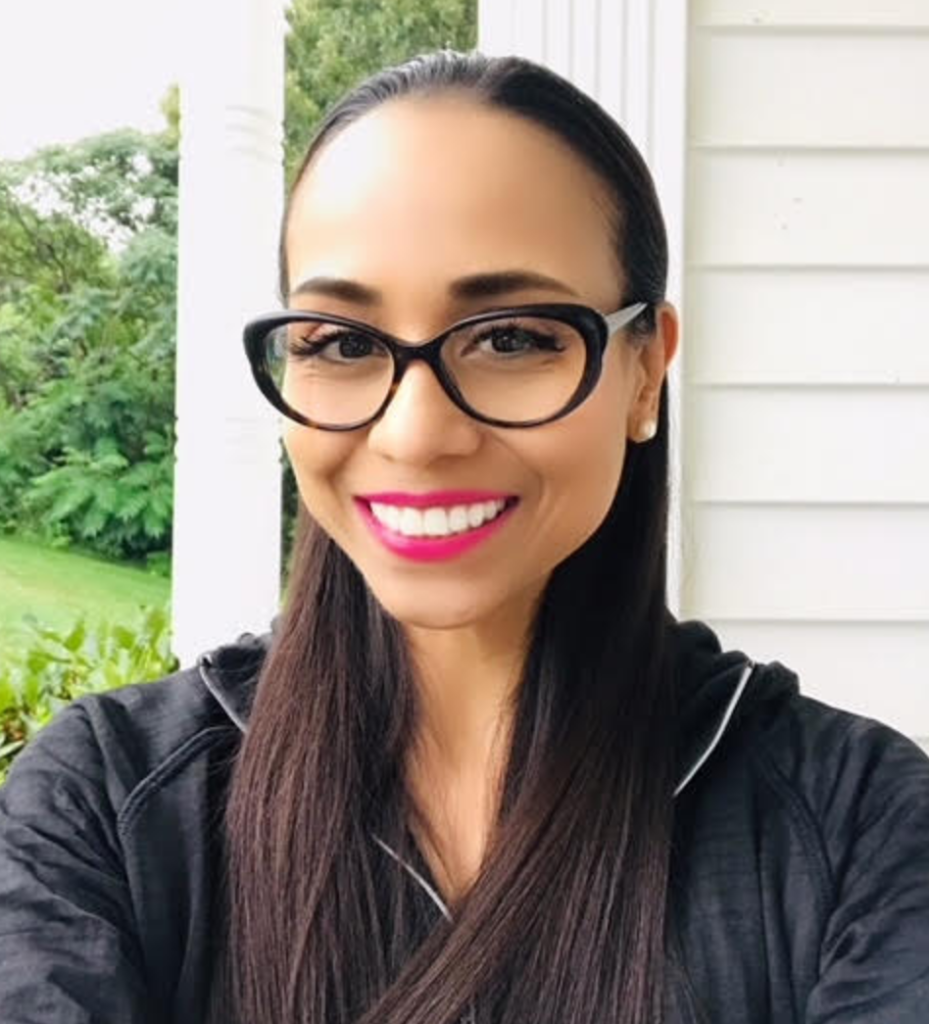Did you feel a sense of despair and isolation when you were first diagnosed? Did you have difficulty talking to others about an illness you knew nothing about and for which there is no cure? It is only natural to feel this way and It can be difficult to put into words all the feelings you may be experiencing in that moment. It can also become especially burdensome when those around you don’t really understand what you are going through not only physically but emotionally as well.
When I was first diagnosed with SLE, I had a sense of what Lupus was because my sister had been suffering from the disease for some time however she never really spoke openly about it. It wasn’t until my own diagnosis that it was clear to me how lonely she must have felt and how secluded she was feeling on a daily basis. The need to sequester yourself and grieve your loss is understandable given the nature of the disease and the misconceptions about invisible illnesses.
Even amongst that sense of lost self I found that speaking about my illness and reaching out to others like me helped tremendously and gave me a sense of hope and renewed optimism. I found myself searching through online groups and blogs and reading what others with this disease were experiencing and talking about. I didn’t feel so alone anymore, and it encouraged me to keep going.
Becoming Involved in the Lupus community gave me purpose and helped me feel in charge of my life again, it made me feel uplifted and gave me the courage to advocate for myself. Inspired by so many in the Lupus community, I started to become more involved by doing
several walks for the Lupus Research Foundation as well as the Lupus Research Alliance to raise awareness and money for research. One year my gym organized an event where we did a workout to raise money for Lupus and I couldn’t believe the turn out. Getting everyone in the gym involved was really empowering and humbling and it was an opportunity to educate some about the disease.
Having this strong sense of community outreach and support was extremely important in times when I was dealing with many issues that arose from my Lupus diagnosis, one of them being Lupus Nephritis. After enduring the ups and downs of my newly diagnosed disease and complications thereof as well as a Cancer diagnosis in the family, I decided to go back to school. I realized that I needed to become a more proactive Lupus advocate. I went into research because I believed that if I was going to make a difference in this world and raise awareness for the disease, I needed to be in the nitty gritty of studying the underlying causes of autoimmune diseases. I have met and talked to so many amazing researchers that study this disease or similar diseases and make so many contributions to the science of understanding Lupus. It is because of this research that several new therapies are being created after a long period of essentially very little progress.
I also now volunteer some of my time to the Lupus Research Alliance to help them with their mission to raise funds and awareness as well as educate and provide support to people who are newly diagnosed and those who live with the disease.
What can I do to become involved?
There are many Lupus warriors out there and so many amazing stories to draw strength from as well as many Lupus communities and support/social groups such as LupusChick.com where you can go and find information as well as support in times when you feel like you are alone and misunderstood. Here are a few other things to keep in mind:
- It is so important to join and actively participate in one of these communities not only because it is an invaluable resource but also for your own validity. Having a community can give you that sense of belonging and acceptance that you may have been longing for. Feeling down and lonely is natural, even expected when you are newly diagnosed; acknowledge those feelings and recognize that they are valid then find inspiration and encouragement in other’s stories.
- Find the courage to share your own journey, to build yourself up again if necessary and to support others who are also going through the same things you are going through.
- Understand that reaching out for help, sharing your feelings and needing support is important even essential not only for coming to terms with this new life you are about to take on but also for your own sanity and mental health.
- Being diagnosed with Lupus can feel like you are stranded on an island with no boats in the distance, so it is imperative that you find that support or a boat so to speak, on a strong community that can help you and motivate you to get off that island and start living the best life you can live given your limitations.
What tips would you share with someone who is in the process of coming to terms with a diagnosis? We would love for you to share them in the comments below!

Ruth Wilson is a Lupus Warrior and Lupus advocate. She is a Research Associate at the University of Massachusetts Medical School- Program in Innate Immunity where she works to understand how dysregulation of innate immunity underlies the pathogenesis of infectious, inflammatory and autoimmune diseases like Lupus. Her goal is to understand her disease and give back to the Lupus community by means of raising awareness, fundraising, advocating, volunteering and supporting others with the same disease. She has been a Lupus Warrior for eight years and is currently an Executive Committee Member of the Young Leaders Board for the Lupus Research Alliance. She has been married for 19 years and is mother to two beautiful children as well as dog mom to two beautiful French Bulldogs.

Be the first to comment